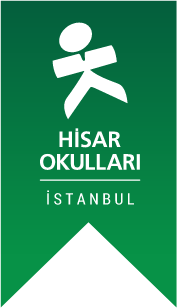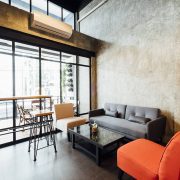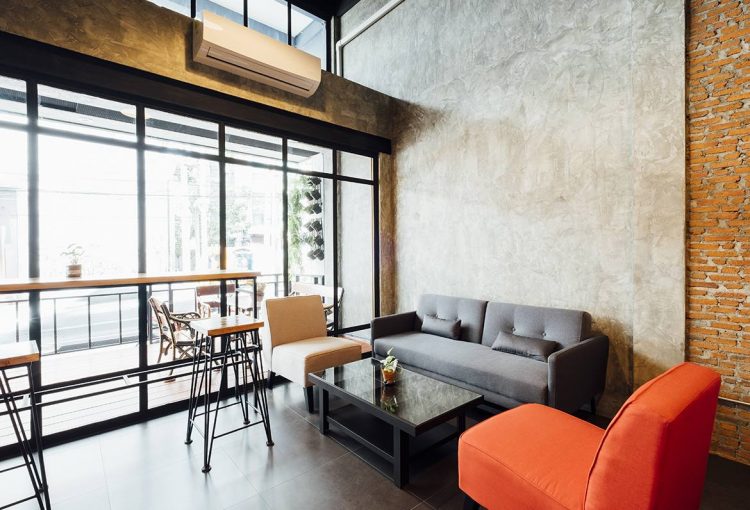MERAKLI ÇOCUKLARDAN SORUMLU BİREYLERE
ETKİLEYİCİ BİR DÖNÜŞÜM YOLCULUĞU…
Hisar Okulları, ülkenin önde gelen akademik kadrosuyla 25 yıldır araştırmacı, sorgulayan, özgüvenli, ahlaklı ve farkındalıkları yüksek bireyler yetiştiriyor.
1085 mezunu ve 1591 öğrencisiyle Hisarlılar ülkemize, dünyaya ve insanlığa faydalı olmak için düşünüyor ve çalışıyor.
Bilişim Stratejileri Merkezi
Yazma Becerileri Merkezi
İnovasyon Merkezi
Bilişim Stratejileri Merkezi
Yazma Becerileri Merkezi
İnovasyon Merkezi
Best creative working environments that suits your business.
- High speed internet
- Uninterruptible power supply
- Fully Airconditioned rooms
- Office boy service
- Fully equipped kitchen
Space to make your greatest impact.

Benefits of our coworking spaces.
There are many variations of passages the majority have suffered alteration in some fo injected humour, or randomised words believable.
There are many variations of passages the majority have suffered alteration in some fo injected humour, or randomised words believable.
There are many variations of passages the majority have suffered alteration in some fo injected humour, or randomised words believable.
What we are offering to creative people.
Book a free day tour to experience our benefits
Our photo gallery
We known for having cool workspaces filled with amenities.

What they are saying.





Fully equipped meeting rooms for rent
Sed quia lipsum dolor sit atur adipiscing elit is nunc quis tellus sed ligula porta ultricies quis nec magna neulla. Lorem ipsum dolor sit amet, consectetur adipiscing elit.
















